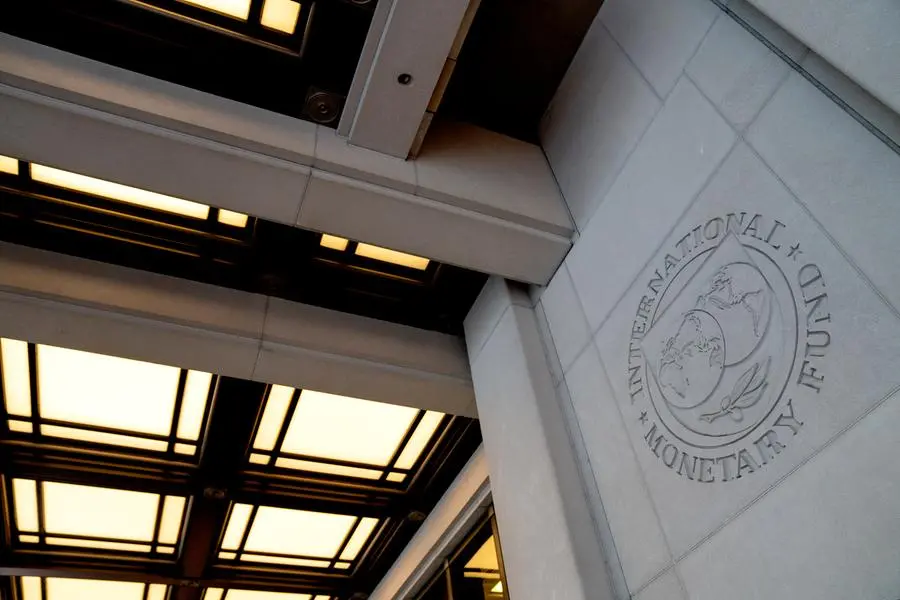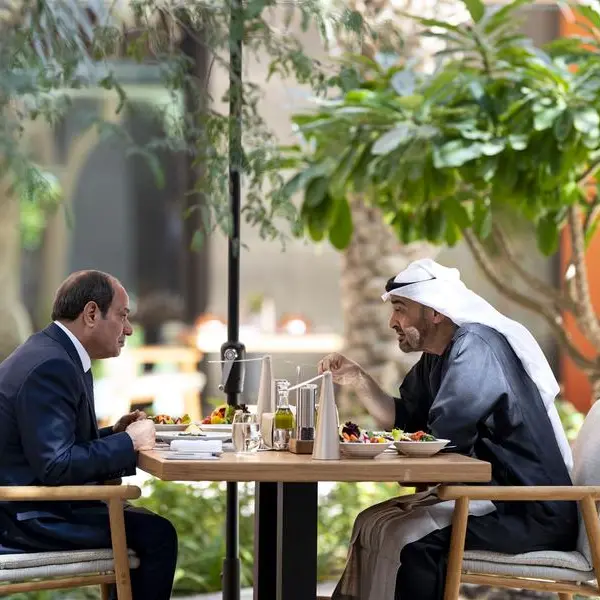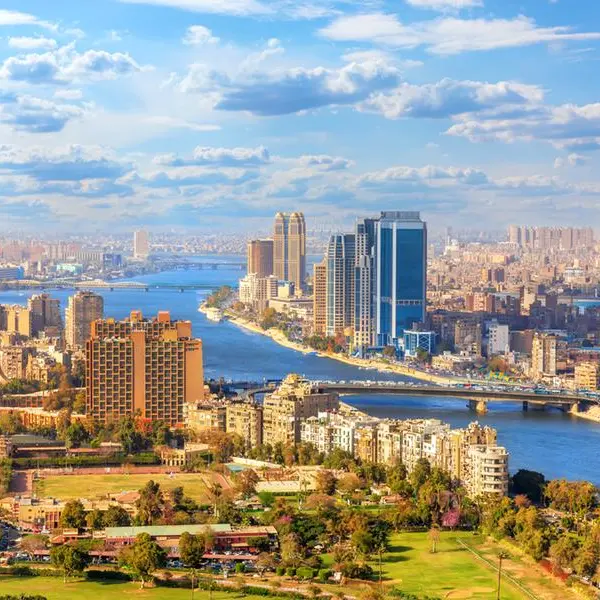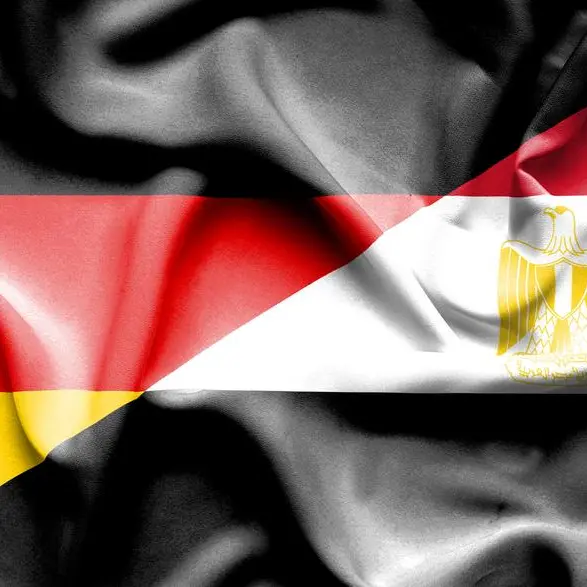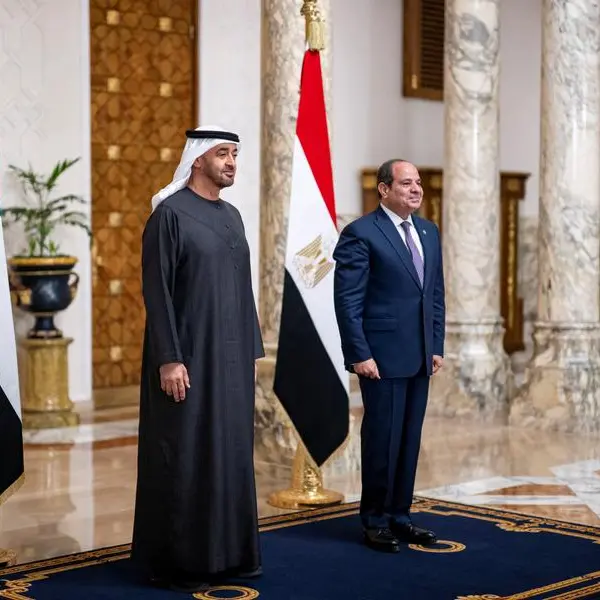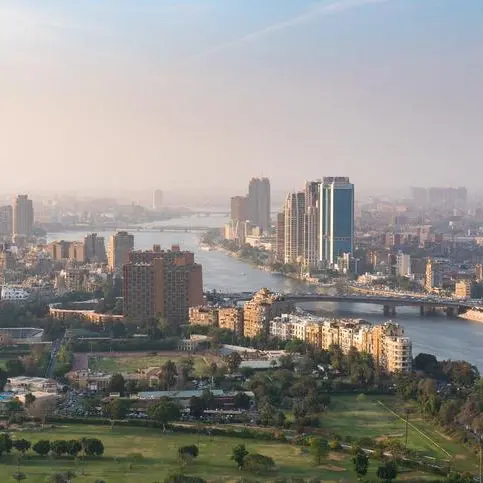PHOTO
AMMAN — An International Monetary Fund (IMF) mission is scheduled to visit Jordan after the Eid Al Fitr holiday to conduct the sixth performance review under the government’s economic reform programme, supported by the “Extended Fund Facility” (EFF), a source told Al Mamlaka TV on Tuesday.
During the two-week visit, mission members will discuss the economic reform programme with government officials representing the economic ministerial team, the source added.
According to an IMF document seen by Al Mamlaka, the sixth review agreement allows the government to disburse 24 million special drawing rights (SDRs), equivalent to $32.4 million.
The IMF explained that the completion of the previous (fifth) review allowed Jordan some 257.325 million SDRs (approximately $343 million) for disbursement.
With the completion of the fifth IMF review, total IMF disbursements to Jordan over the 2020-2024 period amounted to 1438 million SDRs (or approximately $2 billion), plus 329 million SDRs (or $469 million) representing Jordan’s share of the fund’s overall distribution of SDR allocations in August 2021.
The IMF board of directors approved the EFF with Jordan on March 25, 2020, and the first review began on September 30, 2020. The EFF is scheduled to continue for eight reviews, ending March 2024.
Jordan joined the IMF on August 29, 1952. Since then, Jordan has conducted seven economic programmes, the first in 1989, and the latest being the EFF.
During reviews of the agreement, the fund’s mission conducts several meetings with the prime minister, the deputy prime minister for economic affairs, the ministers of finance, planning and international cooperation, energy and mineral resources, and industry, trade and labour, as well as the governor of the Central Bank of Jordan, and other ministers, senior officials, donors and representatives of the private sector and civil society.
IMF Resident Representative Kareem Ismail, in an interview with Al Mamlaka TV, said that Jordan’s real GDP is expected to grow by 2.7 per cent in 2023, and reach 3 per cent in the medium term. Jordan’s real GDP stood at 2.5 per cent last year, up from 2.2 per cent in 2021.
Ismail also noted that Jordan’s inflation will most likely decline to about 3.8 per cent in 2023, down from 4.2 per cent in 2022, which is “the lowest inflation in the Arab world outside the Gulf Cooperation Council”.
Jordan’s prudent fiscal and monetary policies maintained economic stability and a positive outlook for external creditors and global rating agencies, Ismail stressed.
Jordan’s fiscal and monetary policies maintained the Kingdom’s ability to access international markets, the IMF official said, noting that these measures have been positively reflected in the efficiency of foreign currency reserves, the integrity of the banking system and the containment of inflation in spite of global price pressures.
© Copyright The Jordan Times. All rights reserved. Provided by SyndiGate Media Inc. (Syndigate.info).
